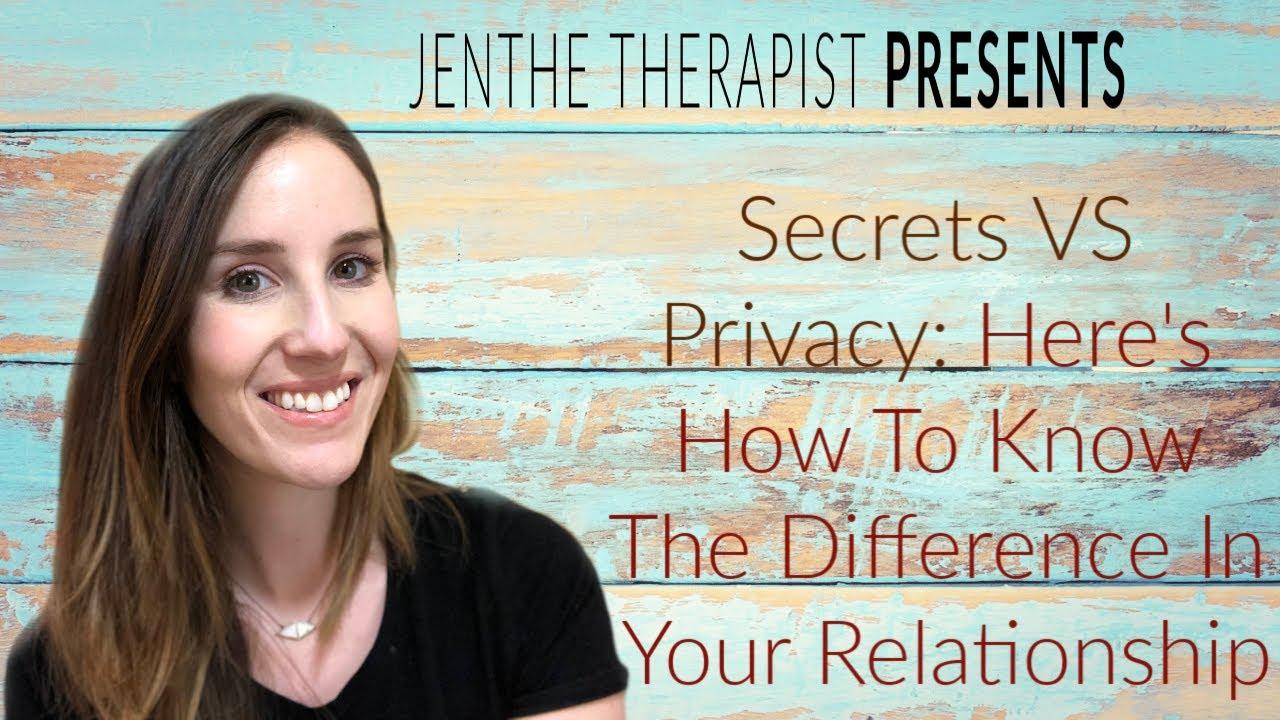In the intricate dance of relationships, the balance between openness and privacy often takes center stage. As partners navigate the labyrinth of love and trust, a pressing question emerges: should secrets be kept to shield the bond, or does transparency reign supreme? This delicate dilemma invites us to explore the nuanced terrain where honesty meets discretion. Join us as we delve into the complexities of whether a well-intentioned secret can indeed fortify a relationship, or if it risks unraveling the very fabric of intimacy.
The Nature of Secrets: Harmless or Harmful
In every relationship, the question of whether to keep certain things private can be complex. Secrets can sometimes be seen as necessary to protect a partner from unnecessary worry or hurt. For instance, sparing them the details of a minor disagreement with a friend might seem harmless. However, the impact of these undisclosed truths can vary greatly, depending on the nature of the secret itself.
- Harmless Secrets: These often include surprises, personal reflections, or trivial matters that don’t directly impact the partner. The intent is usually positive, aimed at preserving happiness or maintaining peace.
- Harmful Secrets: These can involve significant omissions or lies about finances, fidelity, or personal well-being. Such secrets can erode trust and lead to feelings of betrayal if uncovered.
Ultimately, the distinction lies in the intent and potential consequences. Couples must navigate this delicate balance, considering whether transparency might foster a deeper connection or whether some truths are better left unsaid.
Trust and Transparency: Building a Strong Foundation
In any relationship, the essence of trust and transparency is paramount, forming the bedrock upon which a strong partnership is built. While the idea of keeping secrets might seem like a way to protect a loved one from unnecessary worry or hurt, it can inadvertently create a chasm that erodes the very foundation it aims to safeguard. A relationship thrives on openness, where both partners feel free to express their thoughts, fears, and aspirations without fear of judgment or reprisal.
- Emotional Honesty: Sharing feelings, even the uncomfortable ones, fosters deeper connections.
- Shared Decisions: Being transparent about choices allows for mutual understanding and respect.
- Building Resilience: Facing challenges together strengthens the bond and builds resilience.
Ultimately, while the intention behind keeping secrets might be well-meaning, the practice can undermine the trust that is essential for a healthy and lasting relationship. By embracing transparency, couples can navigate the complexities of life together, reinforcing their commitment to one another.

Balancing Privacy and Honesty in Modern Relationships
In the intricate dance of modern relationships, finding the right balance between privacy and honesty can feel like walking a tightrope. Couples often grapple with the dilemma of whether keeping certain secrets might actually safeguard the bond they share. On one hand, honesty fosters trust and deepens emotional connections, creating a solid foundation. On the other hand, the idea of privacy respects individual boundaries and acknowledges that complete transparency isn’t always feasible or necessary.
- Respect for Individual Space: Maintaining some personal privacy allows partners to retain a sense of individuality, which can be crucial for personal growth.
- Preventing Unnecessary Hurt: Sometimes, withholding certain truths can protect a partner from unnecessary pain or worry.
- Trust Building: Conversely, open communication can strengthen trust and reduce misunderstandings.
The key lies in understanding the nature and impact of the secrets kept. Open dialogue about boundaries and expectations can pave the way for a healthier, more resilient relationship. Ultimately, the choice between privacy and honesty should reflect mutual respect and shared values.

Expert Recommendations: Navigating the Gray Areas
Experts often emphasize the delicate balance between transparency and privacy in relationships. While honesty is crucial, there are times when discretion may serve the greater good. Here are some nuanced insights:
- Intent Matters: Consider whether the secret is being kept to protect your partner’s feelings or to avoid conflict. The motivation behind withholding information is key.
- Impact Assessment: Evaluate the potential impact of revealing or concealing the information. Will it strengthen the relationship or cause unnecessary harm?
- Boundaries and Autonomy: Recognize that maintaining some personal boundaries can be healthy. Each partner deserves a degree of autonomy, which might include keeping certain thoughts or experiences private.
Ultimately, navigating these gray areas requires open communication and mutual respect, ensuring that both partners feel valued and understood.




